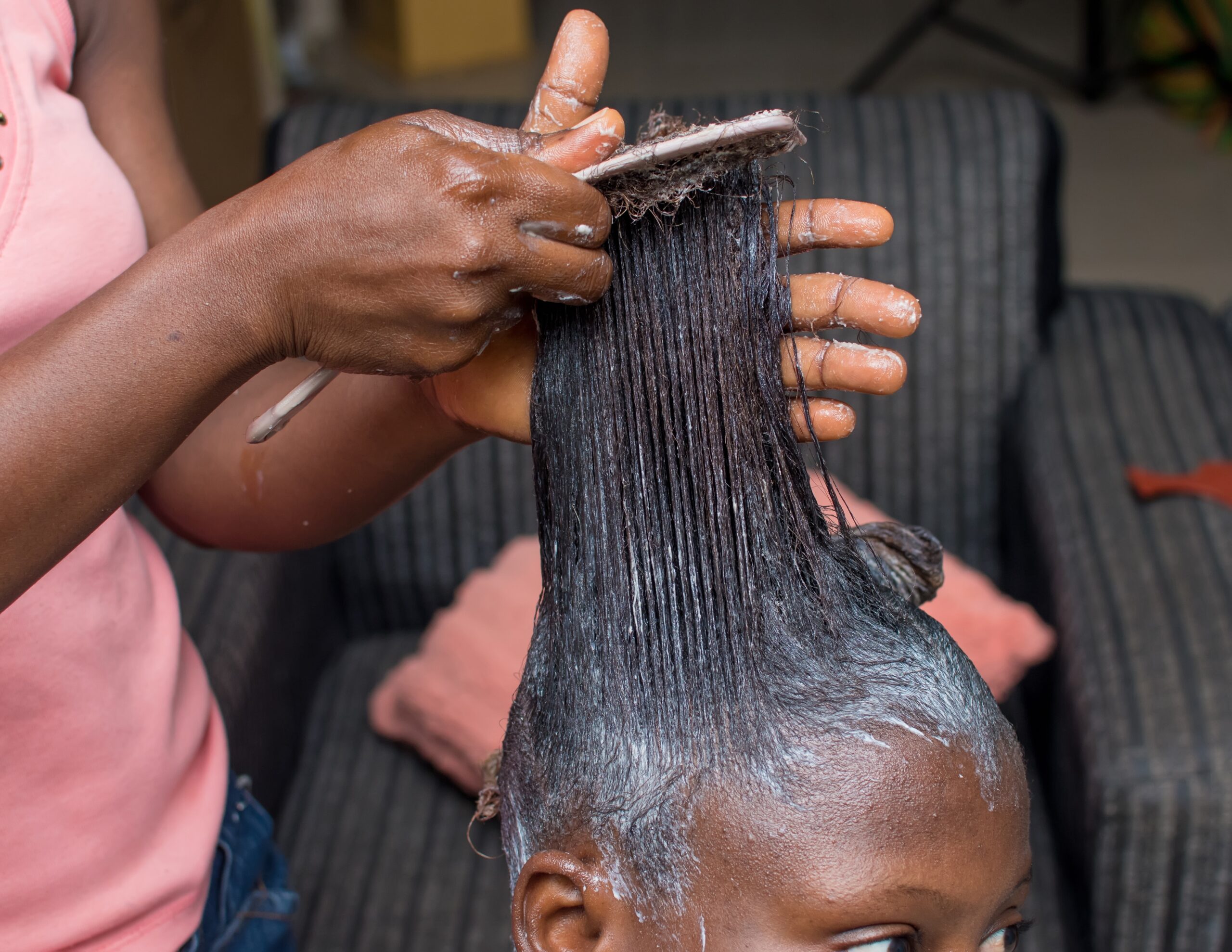
A growing wave of product liability lawsuits is drawing national attention to the health risks of chemical hair relaxers. These hair relaxer cancer lawsuits allege that long-term use of certain hair straightening products has led to a significantly higher risk of uterine, ovarian, and other reproductive cancers, particularly among Black women, who have been the primary users of these products for generations.
Litigation is now underway against major manufacturers, including L’Oréal, SoftSheen-Carson, and Revlon. The claims at the center of these cases suggest that companies knew—or should have known—about the potential dangers of repeated chemical exposure but failed to provide proper warnings or conduct safety testing. For many, this is not just about unsafe products—it is about accountability, racial equity, and the ongoing consequences of environmental injustice.
Decades of aggressive marketing toward Black communities promoted chemical straighteners as a beauty standard, often without disclosing the serious health risks associated with repeated use. Now, with the emergence of new medical research, the connection between these products and cancer diagnoses is becoming harder to ignore. In 2022, the National Institutes of Health published a landmark study showing that women who frequently used chemical hair straighteners were nearly twice as likely to develop uterine cancer compared to those who did not. This research has become a foundational piece of evidence in the ongoing lawsuits involving chemical hair straighteners.
You may be eligible to participate in a hair relaxer cancer lawsuit if the following applies to you or someone you know:
Hundreds of these cases have already been consolidated in a federal multidistrict litigation (MDL), and more are being filed each month. Plaintiffs are seeking compensation for medical costs, lost wages, emotional distress, and other damages. For many Black women, these lawsuits also represent a broader fight against harmful beauty standards and the corporations that have profited from them.
Legal experts believe that the outcomes of these cases could significantly transform the regulation of personal care products, particularly when marketed to communities of color. The litigation is not only about financial recovery—it’s about demanding transparency, accountability, and justice for generations of women who trusted these products.
If you’ve been affected by these products or know someone who has, it is important to speak with a lawyer experienced in Black women product liability lawsuits and toxic exposure claims. These cases are complex, and legal guidance can make a crucial difference in navigating eligibility, documentation, and filing deadlines.
To explore your legal options or confirm whether you qualify, look no further than The National Black Lawyers directory. Our network includes vetted attorneys who understand the unique circumstances surrounding these cases and are committed to fighting for justice, safety, and equity.
